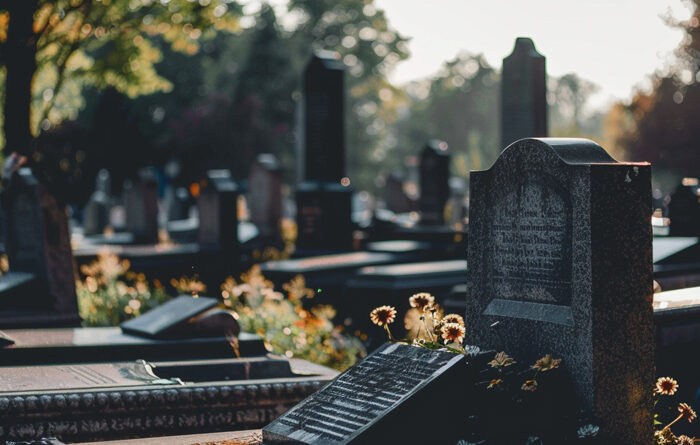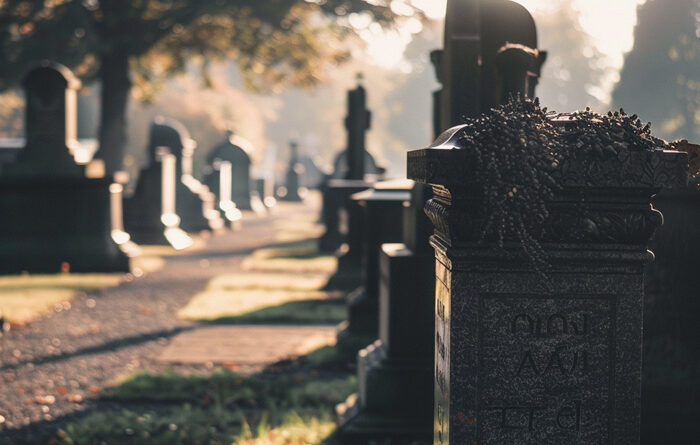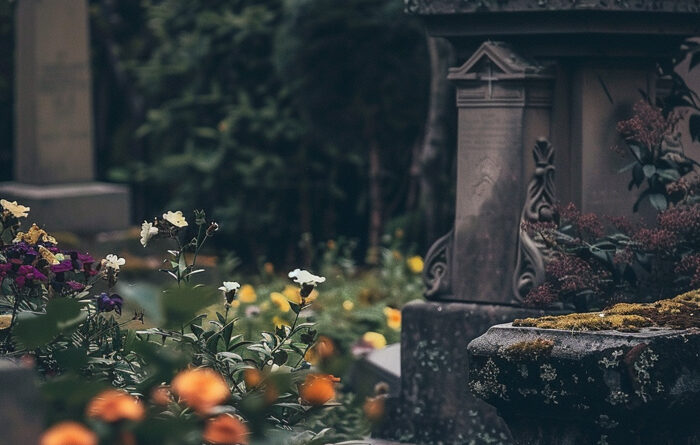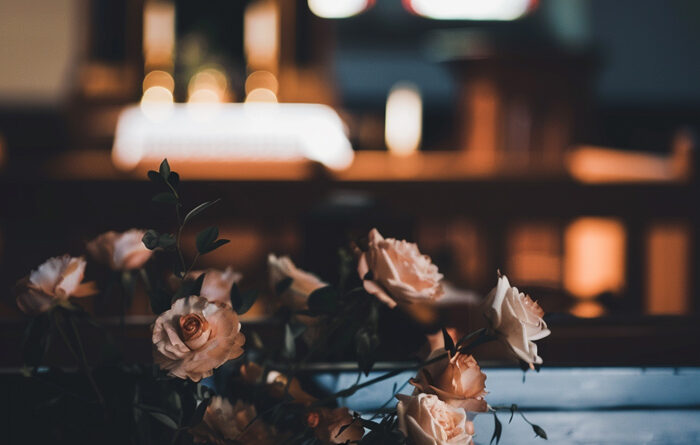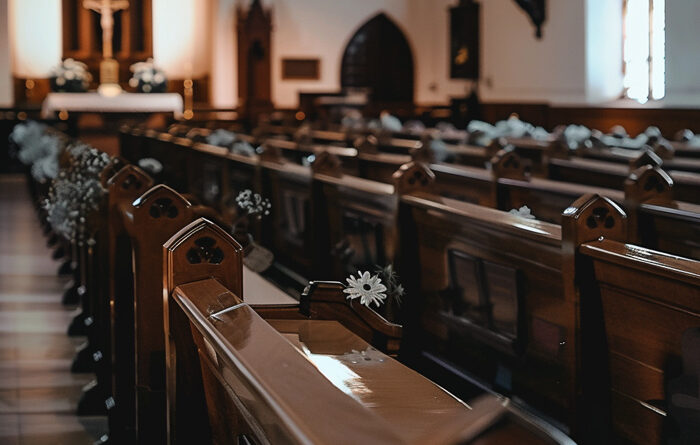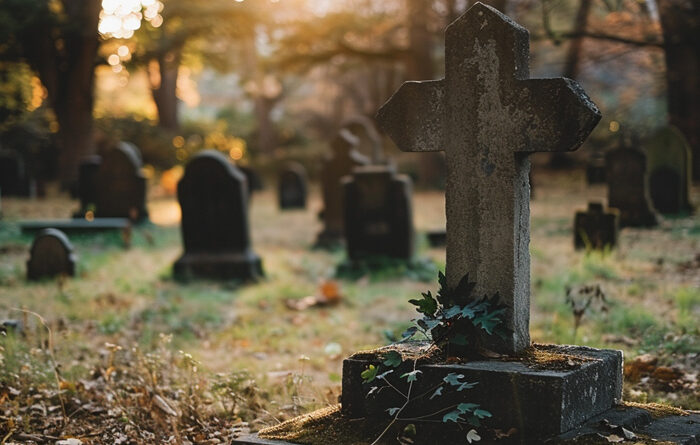
Introduction to Bahá’í Funeral Practices
The Bahá’í Faith, with its roots in the teachings of Bahá’u’lláh in 19th-century Persia, is a spiritual ideology that embraces the unity of humanity and diversity of cultural traditions. As the Bahá’í community in Miami reflects this tapestry of global and local customs, funeral practices have taken on both a standard form as prescribed by the Faith’s teachings and a reflection of Miami’s multicultural influences. This article will delve into the funeral customs practiced by the Bahá’í community in Miami, exploring a respectful and dignified approach to honoring the departed.
Foundations of Bahá’í Funeral Rites
Bahá’í funeral rites are governed by a few fundamental principles set forth in the Bahá’í writings. One of the most critical aspects is the promptness of the burial. The Faith’s teachings recommend that the deceased should be buried within one hour’s travel distance from the place of death and as soon as possible, without embalming unless required by law. This practice aligns with the Bahá’í belief in the soul’s journey after death and the respect for the person’s physical remains.
Another central component of Bahá’í funerals is the simplicity of the ceremony. Typically, the services are conducted with reverence and lack any elaborate rituals or ornate adornments. The core of the Bahá’í funeral service is the recitation of the Prayer for the Dead, which must be read by one individual while all those present stand in silence. This prayer is the only compulsory act and is considered a significant spiritual assistance to the soul of the departed.
Preparation and Conduct of Funeral Services
In the Bahá’í Faith, there is no clergy; therefore, funeral services are often organized and led by the Local Spiritual Assembly or the family of the deceased, in close cooperation to support and comfort the loved ones. A key consideration is the handling of the body with dignity and respect. The preparations may include washing and shrouding the body in a simple and respectful fashion. A Bahá’í burial ring, inscribed with the verse “I came forth from God, and return unto Him, detached from all save Him, holding fast to His Name, the Merciful, the Compassionate,” is typically placed on the finger of the deceased, signifying their life’s spiritual journey.
The funeral itself is generally a serene gathering that focuses on prayers, readings from the Bahá’í scriptures, and reflections on the life and spiritual qualities of the deceased. Music, when included, is often subdued and reflects the spiritual nature of the occasion. Miami’s Bahá’í community may incorporate elements from various cultural backgrounds, such as the inclusion of holy writings in different languages or cultural musical expressions, embracing the city’s diversity within the framework of Bahá’í practice.
Bahá’í Burial Standards
Bahá’í laws dictate that the body should not be cremated and should be interred in a grave marked with a dignified and simple headstone to honor the individual’s memory. The grave marker might bear the deceased’s name and dates of birth and death, along with a brief, sacred inscription. In Miami, Bahá’í burial plots are not segregated from the rest of the community, showcasing the Faith’s principle of unity and integration. Many cemeteries in and around Miami offer space for those of the Bahá’í belief, accommodating their specific burial requirements.
The environmental impact of burials is an emerging consideration, and in Miami, there is a growing sensitivity towards more environmentally conscious practices. The Bahá’í community respects these concerns and works collaboratively with service providers to honor the environmental ethos while still adhering to the spiritual prerequisites of the Faith.
Support for the Bereaved
The loss of a loved one can be an emotionally challenging time, and the Bahá’í community in Miami strives to offer solace and assistance to the bereaved. It is common for the community members to gather together to provide support, share memories, and offer prayers. This collective support reflects the communal aspect of the Faith and helps in the healing process. Additionally, remembrance gatherings, known as ‘Ayyám-i-Há, may be held, and prayers are offered throughout the Bahá’í calendar on designated days to remember those who have passed.
Moreover, the Local Spiritual Assembly of the Bahá’ís plays a pivotal role by assisting families through the practical aspects of orchestrating a funeral and by addressing both spiritual and emotional needs. In doing so, it reinforces the sense of community and the notion that no individual need face bereavement in isolation.
Conclusion
The Bahá’í funeral practices observed in Miami provide a reflective and measured approach to bidding farewell to loved ones, grounded in the core beliefs of the Bahá’í Faith. The emphasis on the simplicity of the funeral rites, the respect for the body, and the use of the Prayer for the Dead encapsulate the spiritual essence of these practices. Although these customs are carried out within a diverse cultural context, they remain consistent with Bahá’í principles globally while respecting local Miami culture and environmental considerations.
The Bahá’í community’s collective embrace and support through these solemn times is a testament to their commitment to the spiritual and emotional well-being of their members. As the Bahá’í population in Miami continues to grow and integrate with the city’s vibrant cultural mosaic, it does so with an inherent respect for its traditions and a compassionate approach to the universal experience of loss and remembrance. In essence, the Bahá’í funeral practices in Miami stand as a dignified response to the poignant chapters in the human experience, providing a structured yet flexible framework for mourning and celebrating a life, in alignment with the spiritual journey that Bahá’ís believe continues beyond this earthly existence.
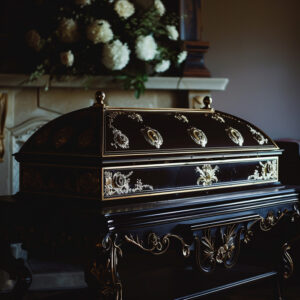
What are the basic requirements for a Bahá’í funeral in Miami?
The Bahá’í funeral in Miami requires that the body be buried within an hour’s travel from the place of death. The body should be interred in a simple coffin, and a specific prayer, known as the Prayer for the Dead, is to be recited. Embalming is permissible if required by law, but cremation is forbidden. These practices are reflective of the dignity afforded to the human body and the belief in the afterlife inherent in the Bahá’í Faith.
Are there Bahá’í cemeteries in Miami, or can Bahá’ís be buried in public cemeteries?
While specific Bahá’í cemeteries may not be present in Miami, Bahá’ís can be buried in public or privately-owned cemeteries. It is essential for the burial plot to allow the body to be laid to rest in such a way that, when positioned, the deceased faces the Qiblih, the Point of Adoration for Bahá’ís, which is the Shrine of Bahá’u’lláh, near Acre, Israel. The community may have designated areas within public cemeteries that adhere to this requirement.
Can non-Bahá’ís attend Bahá’í funeral services in Miami?
Yes, Bahá’í funeral services are open to individuals of all faiths. The Bahá’í teachings revolve around unity and inclusiveness, thus honoring the diversity of the human family. Those who wish to pay their respects are welcome to attend the service, irrespective of their religious background. It is expected that attendees will show respect for the religious practices taking place, as the funeral includes the recitation of Bahá’í prayers and may include readings from the Bahá’í writings.

